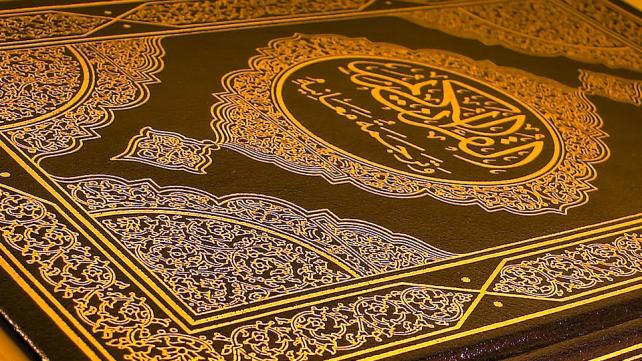By Ailiya Haidri
Revealed over 1400 years ago, the Qur’an is not just a book, nor is it solely a book of Laws and Commandments; rather it is the active tool for our day-to-day life.
Time
“By the time, surely man is in the loss, save those who believe and do good deeds, and enjoin on each other truth, and enjoin on each other patience.” (Quran, 103: 1-3)
In the above ayah, the Qur’an holds an oath by time, emphasising the importance yet fickleness of time which man plays with relentlessly.
In the 24 hours that we have in a day, how are we utilizing our time? Are we engrossed in backbiting and enjoying the downfalls of others? Are we occupied in our revengeful nature against an enemy?
We must use our time and implement three things (as mentioned from the ayah above): good deeds, truth, patience.
Tawakkul
Having Tawakkul, and sincerely putting our trust in Allah seems to be a slogan which people are using, but to what extent do we practically implement this practice? Had we put our sole reliance in the Qadr of Allah, surely we would not dwell on our problems whether big or small?.Surely we would not be in despair.
What is it within our hearts that when a problem arises, we immediately worry and begin to make decisions and come up with a quick solution? It is our lack of faith in the decree of Allah.
“And whoever relies upon Allah – then He is sufficient for him. Indeed, Allah will accomplish His purpose. Allah has already set for everything a [decreed] extent.” (Quran, 65:3)
Due to man’s selfish nature, we seem to think our power is enough to overturn any bad that happens to us, but the reality is that we end up on our prayer mats turning towards the very Lord that we forgot initially.
Hardships
While we drown our souls in sorrow, and spend countless nights trying to find the light at the end of a tunnel that only seems to become darker and darker, did we step out of our emotions and really thought deeply about the Divine aspect behind our hardships?
One of the most common verses repeated throughout the Qur’an is:
“No person shall have a burden laid upon him more than he can bear…” (Qur’an 2:233)
In other words, Allah tests you only as much as you can handle. However, in the limited mind of humans, we see our hardships from a very narrow perspective in that Allah is perhaps punishing us to the extent that we question His Love. Yet we fail to remember that Allah created each and every one of us uniquely not only in our fingerprints, but in our strength and willpower. Thus, He tests us accordingly to see if we will really remain faithful or not.
He tests his believers not only to see who will remain faithful and steadfast in the Decree of Allah, but for us to see how much we love Him in return:
“Do the people think that they will be left to say, “We believe” and they will not be tried?” (Qur’an 29:2)
Seek Refuge
While it is very easy to say preach stay away from sinning! We need to practically find strategies of how to refrain from muharramat. One way of doing this is to seek refuge not in ourselves, but in our Lord.
Mentioned in over thirty occasions in the Qur’an, it indicates this place of refuge and that is Allah. Another reminder of this refuge is on our tongues five times a day when one says audhu billāhi min ashaytanir rajim.
Love
Islam is and has been portrayed as a religion of hatred, and one that condemns violence; however, this can be strongly refuted with the theme of Love that is regularly discussed throughout.
And one of His signs is that He created for you spouses from among yourselves so that you may find comfort in them. And He has placed between you compassion and mercy. Surely in this are signs for people who reflect. (Quran 30:21)
In relation to marriage, the Qur’an beautifully describes companionship as almost an entity of which there are to components: a husband and a wife whom we must seek comfort in.
To read more:
https://www.al-islam.org/quran-in-islam-its-impact-and-influence-life-muslims-allamah-tabatabai

